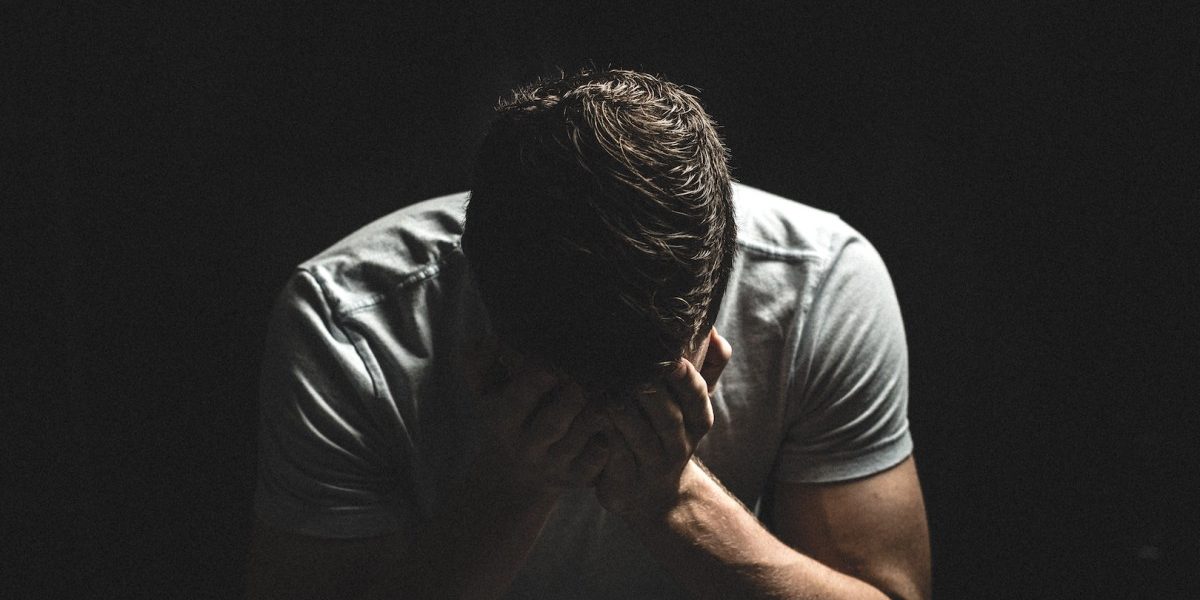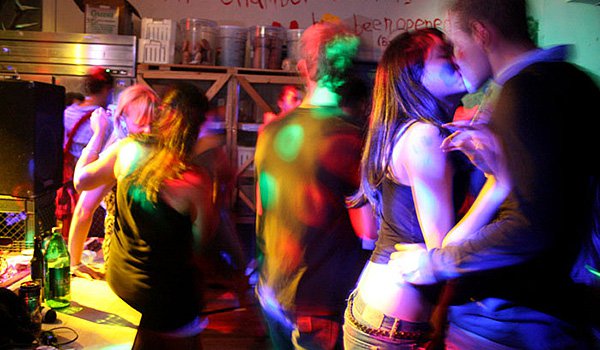College years are the best years of our lives. We have so much freedom to do whatever and be whoever we want. The possibilities are endless. Nevertheless, even the invincibles could use a second chance.
Regret is one of those truly unique emotions that has the power to tie our past to our present while also influencing our future. It’s a fascinating phenomenon that has long captivated many social psychologists. Many studies of regret have converged on the link between the Opportunity Principle and regret.
To feel regret, we first need a set of opportunities and alternatives. There are two kinds of opportunities: high and low. Low opportunities are generally out of our control, while high opportunities warrant us as more of an agent of change, giving us the power to choose. Whether academic or social, the college environment presents students with many opportunities, therefore theoretically increasing their chances of regret.
A study by Landman and Manis (1992) found that among 44 undergraduates, the proportion of regrets falling within life domains are 30% for Education, 25% for Leisure, 25% for Family, and 19% for Romance. A second study by Roese and Summerville in 2005 surveyed 34 undergraduates at the University of Illinois and showed that the frequency of regret was highest for the domains of Romance (26.7%), Friends (20.3%), and Education (16.7%). Both studies used the same definition for each domain: Education as school, studying, and good grades; Romance as love, sex, dating, and marriage; Leisure as sports, recreation, and hobbies; Family as interactions with parents and siblings; and Friends as interactions with close others.
The latter study also confirmed that where people tend to have the biggest regrets are where they perceive to have had the biggest opportunities. There is a difference between action and inaction regrets.
Gilbert and Ebert’s work on Cognitive Dissonance Reduction presents the idea that whenever our beliefs are in conflict, there exists a process by which our mind mitigates such discomfort, diverting and lifting us from its effect. Cognitive Dissonance Reduction is more active for action than inaction regrets because not acting on something (e.g., asking someone out) leaves too much potential for change and different outcomes that our minds perceive it as “high opportunity” and has a harder time “letting go of the what-ifs,” resulting in us feeling more regretful than we otherwise would had we acted and gotten an absolute reality. Regrets have also been shown by Roese 1994; and Zeelenberg 1999 to be a catalyst for “corrective action,” whereby people remember their regrets and try to change their actions in future similar situations.
It is no surprise both studies found that Education, Romance, and Family to house the top regrets for college students. Maybe we truly don’t understand the material, or maybe, and just maybe, studying with distractions like Facebook and Tumblr opened is not a good idea. At the end, it’s probably more likely that we regret not trying harder for a class than we regret the difficulty of the class, something more immutable.
While finding good study habits and studying harder may not guarantee that “A,” at least these action steps pacify our mind even if bad grades ache our hearts. Our hearts, by the way, are not made from paper. Some are more delicate because they have been roughly handled in the past, but they are still not paper thin. So, maybe it’s time to stop protecting them as such and give them a chance to befriend other hearts.
Romantic regrets are pervasive among college students for a variety of reasons—some due to inaction, some due to too much action. But those that result from inaction will hurt us more in the end. Not knowing if they were a good kisser, or if they were the “one,” or what could have happened if they’d said yes—these are the kind of questions that we can easily answer if only we would take a chance and just ask.
Unlike education and romantic partners, which can have many opportunities for corrective actions, we only have one family and therefore only one chance to make things right. Sometimes amidst our busy schedules juggling between classes and clubs, it’s easy to forget to return their phone calls. Hours turn into days, days turn into weeks, and time marches forward for everyone. And while we’re just beginning our lives, our parents have nearly lived all of theirs. Sooner or later, there won’t be anyone there for us to call back. Our biggest regret, then, would be not doing all that we could have while we still had the chance.
As we pass our years in college, keep in mind that this unique experience only happens once and that the people to share it with may not always be around. If we care about something or someone, prove it in the present. Don’t look back wishing you had done something. Look back with pride and say “I did it.”
Citations
- What We Regret Most … and Why by Neal J. Roese and Amy Summerville from Personality and Social Psychology Bulletin <http://www.ncbi.nlm.nih.gov/pmc/articles/PMC2394712/>
Article by Thomas Trinh
Feature Image Source: Charlene Thomson
























